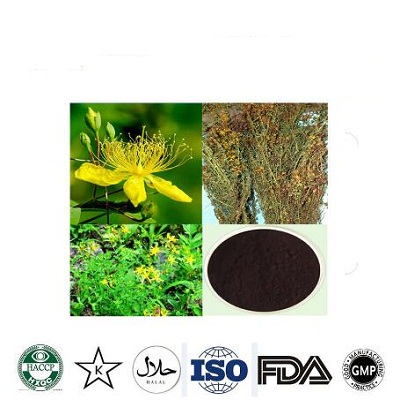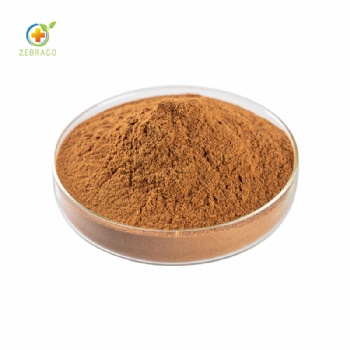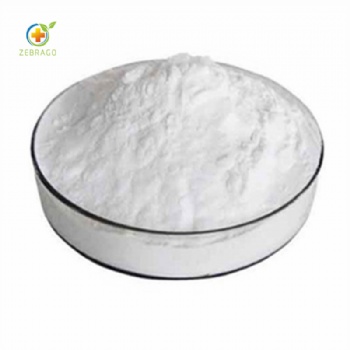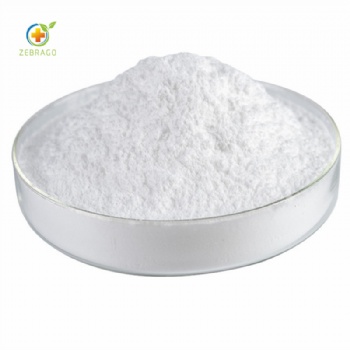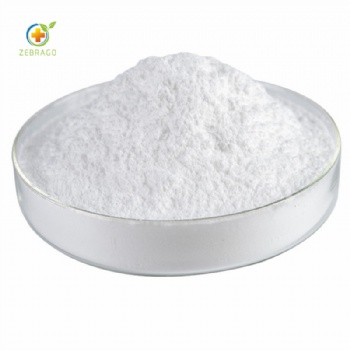St John's wort is the plant species Hypericum perforatum, also known as Tipton's Weed or Klamath weed, but, with qualifiers, is used to refer to any species of the genus . Therefore, H. perforatum is sometimes called Common St John's wort to differentiate it. Approximately 370 species of the genus Hypericum exist worldwide with a native geographical distribution including temperate and subtropical regions of North America, Europe, Asia Minor, Russia, India, and China. St. John's wort is today most widely known as an herbal treatment for depression.
According to the Cochrane Review, a key resource in evidence-based medicine, the available evidence suggests that the hypericum extracts tested in the included trials are superior to placebo in patients with major depression; are similarly effective as standard antidepressants; and have fewer side effects than standard antidepressants.
Function
1.St John's wort is widely known as an herbal treatment for depression. It is proposed that the mechanism of action of St. John's wort is due to the inhibition
of reuptake of certain neurotransmitters.
2.St. John's wort is also being studied for anxiety because, in some studies on depression, people taking St. John's wort also reported an improvement in anxiety.
3.St. John’s wort has also been suggested as a possible treatment for OCD because the same medications (antidepressants) are often used for OCD,
and because of promising results from a preliminary study. A later study on St. John's wort, however, didn’t find it more effective than a placebo for OCD.
4. Some alternative practitioners recommend St. John's wort for ear pain due to an ear infection (otitis media).
5.St. John's wort is being explored for smoking cessation. Although promising, well-designed studies are needed.
Application
(1). Applied in health product field, to be added into the health food can enhance immunity;
(2). Applied in pharmaceutical field, it can serve as the security nerve nutrition. In Europe, it is mainly used as antidepressants.



